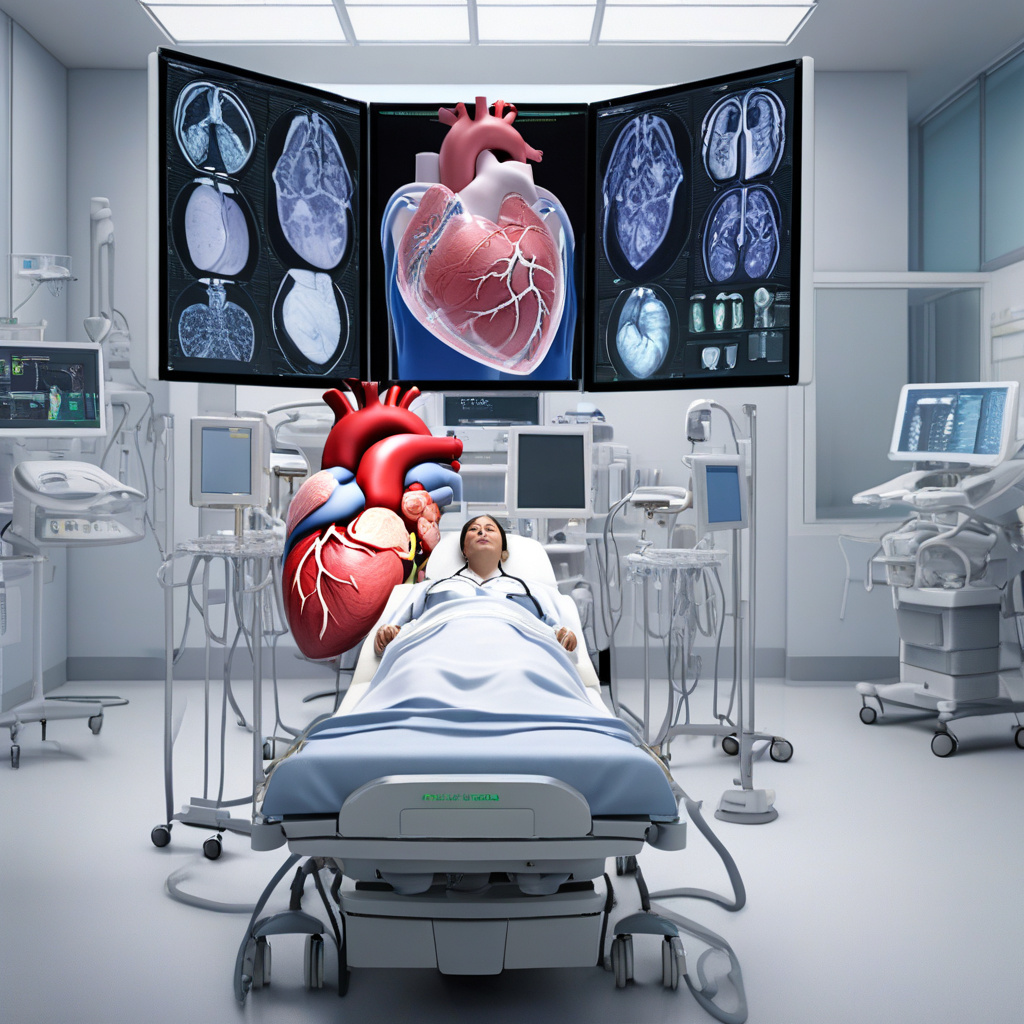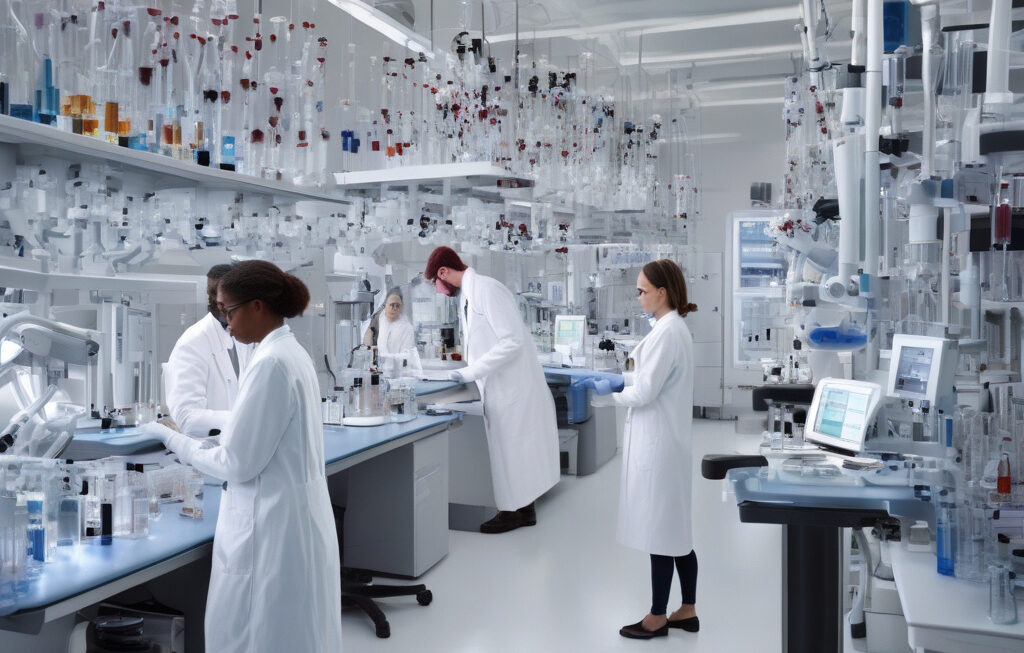AI in Cardiology: How Cardisio’s 3D Heart Scan Could Revolutionize Early Heart Diagnostics
Artificial intelligence (AI) has been making waves in various industries, and the field of cardiology is no exception. One groundbreaking innovation that is set to transform early heart diagnostics is Cardisio’s 3D heart scan. This cutting-edge technology has the potential to not only improve patient outcomes but also significantly reduce NHS waiting times.
Cardisio’s 3D heart scan utilizes AI algorithms to create detailed three-dimensional images of the heart. These high-resolution images provide cardiologists with a comprehensive view of the heart’s structure and function, allowing them to detect and diagnose a wide range of cardiac conditions with unprecedented accuracy.
One of the key advantages of Cardisio’s 3D heart scan is its ability to streamline the diagnostic process. Traditional cardiac imaging techniques can be time-consuming and may not always provide clear and conclusive results. With the use of AI, Cardisio’s technology can generate precise and reliable diagnostic information in a fraction of the time, enabling healthcare professionals to make informed decisions quickly.
In addition to reducing waiting times for patients, the implementation of Cardisio’s 3D heart scan in the NHS could lead to cost savings and improved efficiency within the healthcare system. By accelerating the diagnostic process and facilitating early intervention, this innovative technology has the potential to enhance patient care and outcomes while optimizing resource allocation.
Furthermore, the use of AI in cardiology has the potential to revolutionize the way heart conditions are managed and treated. By harnessing the power of machine learning and data analysis, cardiologists can gain deeper insights into each patient’s unique cardiac profile, allowing for personalized treatment plans that are tailored to their specific needs.
The impact of Cardisio’s 3D heart scan extends beyond diagnostic capabilities. This technology has the potential to drive advancements in research and development within the field of cardiology. By providing researchers with detailed insights into cardiac anatomy and function, AI-powered imaging tools can support the discovery of new treatment modalities and enhance our understanding of cardiovascular diseases.
As we look to the future of cardiology, it is clear that AI will play a pivotal role in shaping the way heart health is managed and monitored. Innovations like Cardisio’s 3D heart scan represent a significant step forward in leveraging technology to improve patient care, enhance diagnostic accuracy, and ultimately save lives.
In conclusion, Cardisio’s 3D heart scan stands as a testament to the transformative potential of AI in cardiology. By harnessing the power of artificial intelligence, this innovative technology has the capacity to revolutionize early heart diagnostics, reduce NHS waiting times, and pave the way for a new era of precision medicine in the field of cardiology.
AI, Cardiology, 3D Heart Scan, NHS Waiting Times, Healthcare Technology












